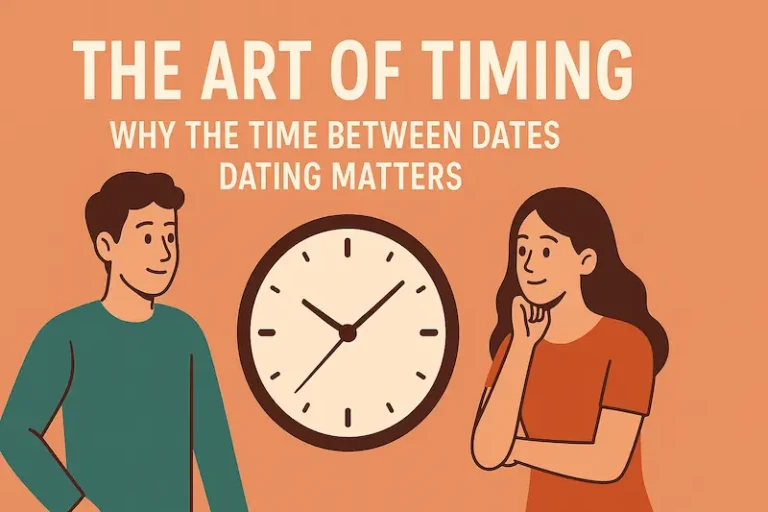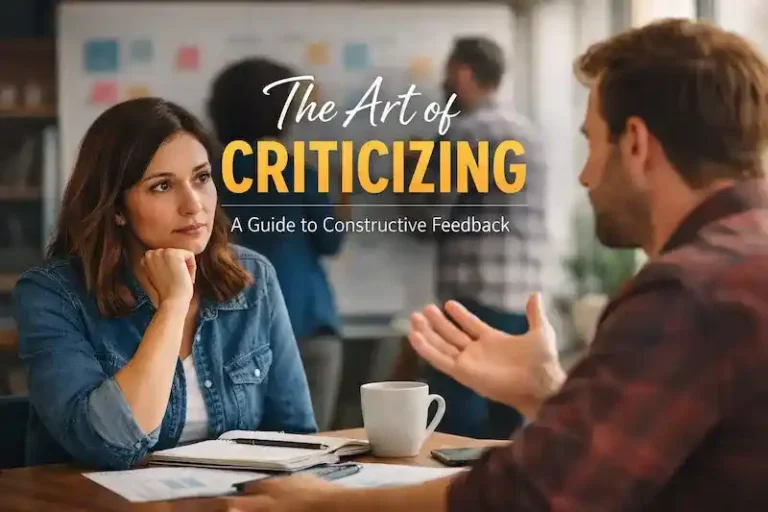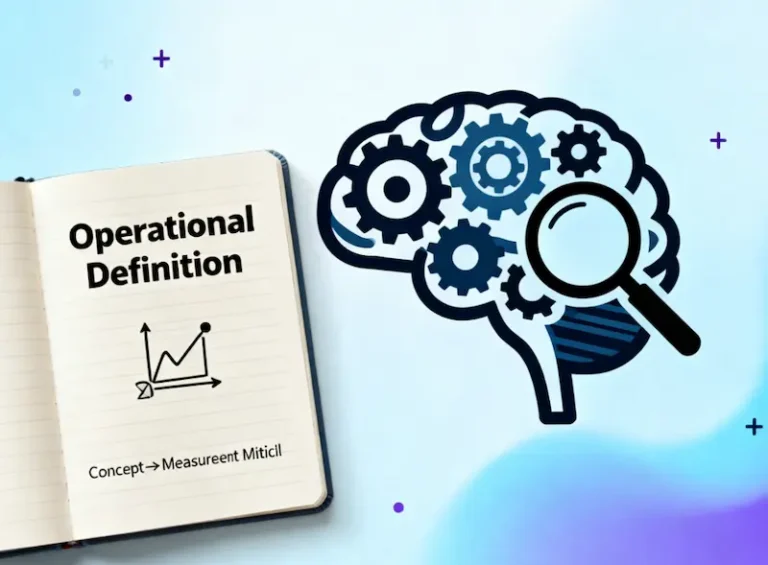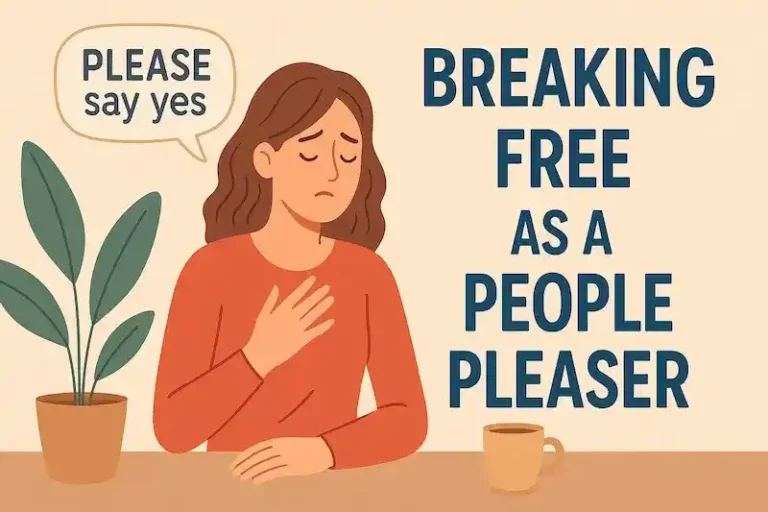Stop Proving Yourself: How to Deal With Personal Attacks Without Losing Peace

In today’s hyperconnected world, it’s almost impossible to escape criticism. Whether it happens on social media, in the workplace, or even within family dynamics, someone will eventually challenge your worth, dismiss your achievements, or try to provoke you into defending yourself.
But here’s the paradox: the more you try to prove yourself, the more power you give away. And often, it doesn’t silence the critics—it fuels them.
This article explores why you should stop proving yourself, how to deal with personal attacks, and the mindset shift that will help you protect your peace while staying strong.
Why Proving Yourself Never Works
Imagine you post online about graduating at the top of your class. Instead of congratulations, you’re hit with waves of doubt:
- “That degree doesn’t mean anything.”
- “You must be lying about your achievements.”
- “She’s just trying to show off.”
Even if you respond with certificates, photos, or test scores, critics will find a new angle: your looks, your character, or even your friends.
This is what psychologists call the self-defense trap. Once you enter it, you’re playing by their rules. No matter how much evidence you provide, the people who want to attack you aren’t looking for truth—they’re looking for weakness.
Key takeaway: Stop proving yourself. Because the moment you start defending, you’re no longer leading the narrative; you’re reacting to theirs.
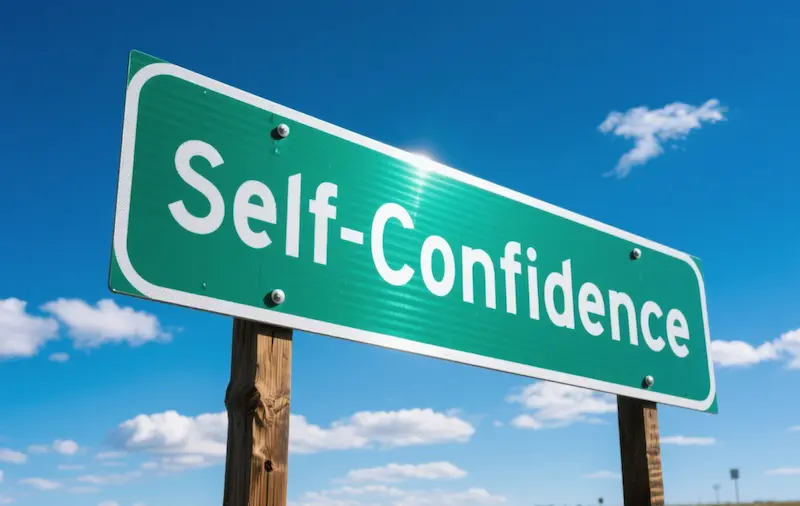
The Hidden Cost of Constant Self-Defense
Proving yourself drains you in ways that go far beyond arguments.
- Emotional exhaustion – Overthinking what others think keeps you in constant stress.
- Privacy risks – The more you share to prove your point, the more of your personal life you expose.
- Loss of dignity – Repeated justifications make you appear insecure, even when you’re not.
- Escalation of attacks – Defending yourself can invite even more attacks from people who thrive on conflict.
Instead of spending your mental energy explaining yourself, that energy could be invested in growth, creativity, or simply enjoying life.
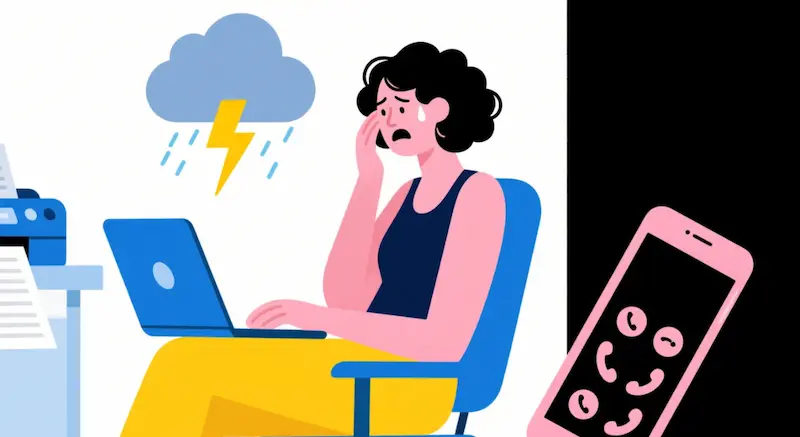
Step 1: Don’t Internalize the Attack
When someone criticizes you unfairly, your first instinct may be self-doubt: “Did I do something wrong?”
But remember: people attack for many reasons that have nothing to do with you—jealousy, insecurity, or simply a desire to provoke.
The American philosopher Ralph Waldo Emerson once said:
“To be yourself in a world that is constantly trying to make you something else is the greatest accomplishment.”
You don’t owe strangers or critics your emotional labor. Their opinion is not your truth.
Step 2: Refuse the Self-Proving Game
One powerful principle in dealing with personal attacks is:
“Who accuses, proves.”
That means if someone doubts your achievements, it’s not your job to produce evidence—it’s their job to prove their claim.
In law, this is called the burden of proof. In life, it works the same way. If a co-worker says, “You didn’t do this project correctly,” the responsibility is on them to explain why.
If you keep defending yourself, you’re not only wasting time—you’re lowering your own credibility.
Better response: Stay calm, set boundaries, and redirect the conversation:
- “If you have evidence, please show it.”
- “I’m not here to defend myself against baseless claims.”
- “Let’s focus on facts, not assumptions.”
Step 3: Don’t Wrestle With “Haters”
There’s a famous saying: “Never wrestle with a pig. You both get dirty, but the pig likes it.”
Toxic people feed on reactions. If you engage, you’re giving them what they want—your energy.
The best strategy? Disengage gracefully.
- On social media: mute, block, or report.
- At work: redirect to facts or involve HR if needed.
- In personal life: limit contact or walk away.
This doesn’t mean silence equals weakness. It means you’re choosing your battles wisely.

Step 4: Let Time Be the Judge
Truth has a strange way of surfacing. People who spread lies or negativity often expose themselves over time.
History shows that reputations built on integrity last longer than attacks built on gossip. From political leaders to entrepreneurs to artists, those who stop chasing approval and focus on their work eventually gain recognition—while critics fade away.
Practical Strategies to Protect Your Peace
To make this actionable, here are some steps you can take:
- Pause before responding. A moment of silence can be more powerful than a rushed defense.
- Set digital boundaries. Use social media filters, mute toxic threads, and avoid endless online debates.
- Build a support circle. Surround yourself with friends or mentors who remind you of your worth.
- Document, don’t argue. At work, keep records instead of defending yourself emotionally. Facts speak louder over time.
- Practice self-affirmation. Remind yourself daily: “I don’t need to prove my value to anyone.”
Why This Matters for Personal Growth
Learning to stop proving yourself is not just about ignoring haters—it’s about reclaiming your energy.
When you stop chasing approval:
- You gain freedom from unnecessary stress.
- You develop inner confidence that doesn’t depend on others.
- You focus on your goals, instead of wasting time on distractions.
In other words, you become the driver of your own life.
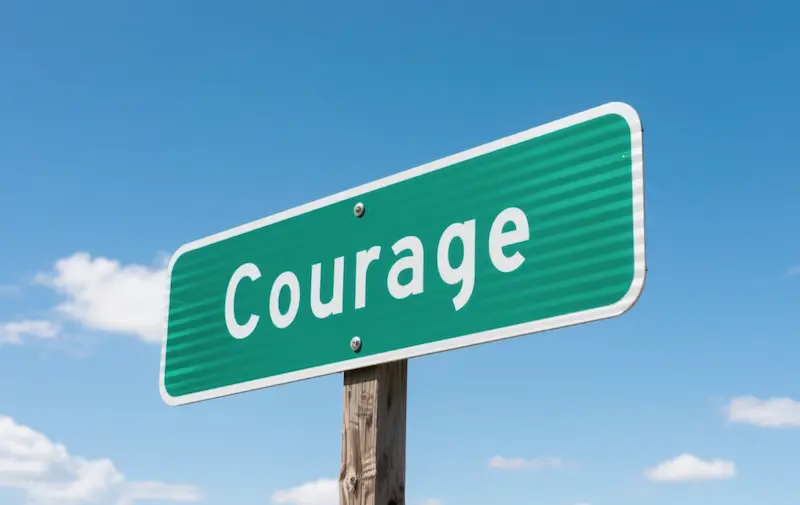
The writer Maya Angelou once said:
“Never make someone a priority when all you are to them is an option.”
The same applies to critics. If someone’s only role in your life is to tear you down, they don’t deserve your explanations.
Stop proving yourself.
Stop explaining your worth.
Start living your life with confidence and clarity.
Because in the end, the world doesn’t belong to the loudest critic.
It belongs to the person who keeps building, growing, and living authentically.
If this article resonated with you, share it with a friend who might need the reminder. For more guides on self-confidence, handling criticism, and personal growth, explore other articles on our site—and take the first step toward living free from constant self-defense.



